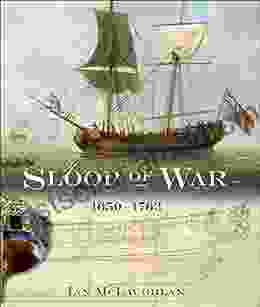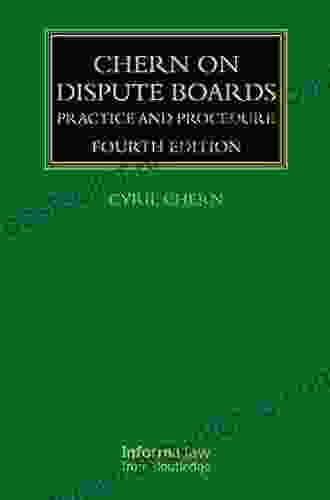Unveiling the Enigma: New Research on Wilhelm II's Role in Imperial Germany

4.5 out of 5
| Language | : | English |
| File size | : | 1335 KB |
| Text-to-Speech | : | Enabled |
| Screen Reader | : | Supported |
| Enhanced typesetting | : | Enabled |
| Word Wise | : | Enabled |
| Print length | : | 68 pages |
| Lending | : | Enabled |
| Hardcover | : | 316 pages |
| Item Weight | : | 1.41 pounds |
| Dimensions | : | 6 x 0.88 x 9 inches |
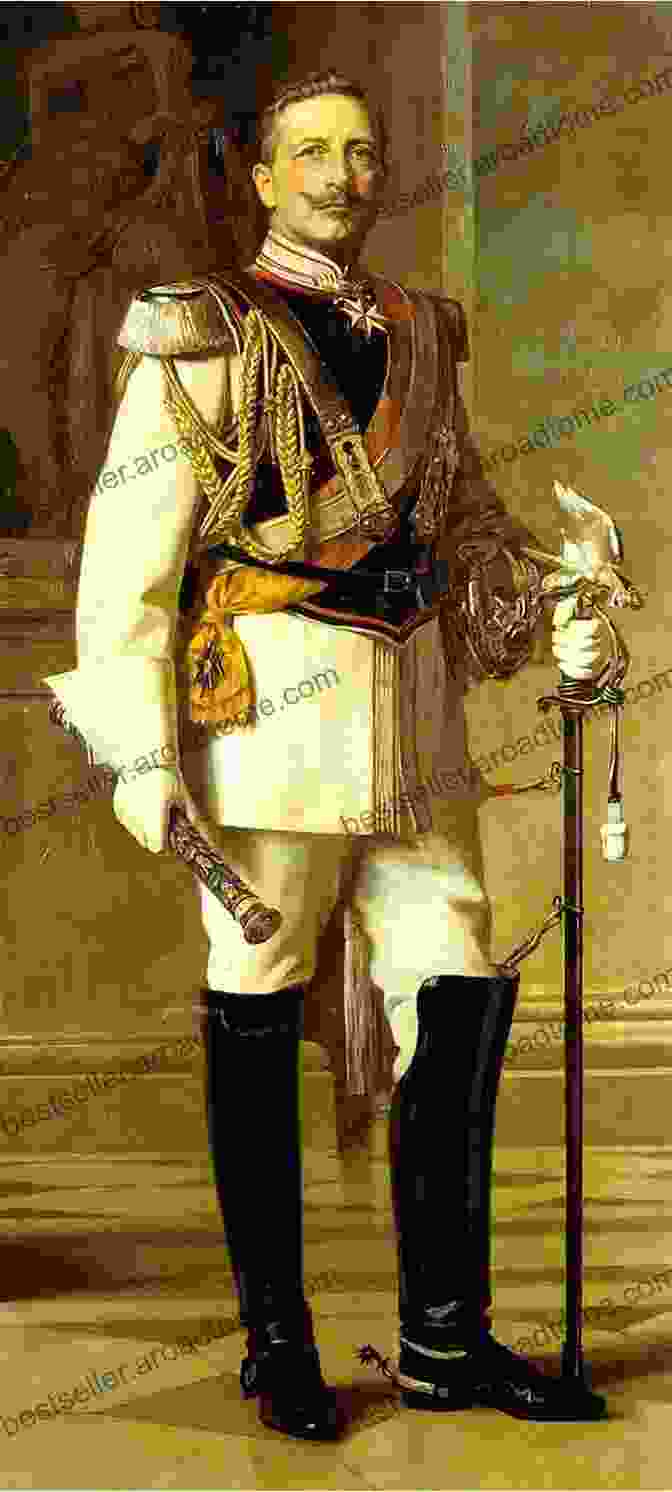
Emperor Wilhelm II, the last German Kaiser, has long been a subject of fascination and debate among historians. His reign marked a period of immense change and turmoil for Germany, leading up to the outbreak of World War I in 1914. New research is now shedding fresh light on Wilhelm II's complex personality, his decision-making process, and his influence on the course of German history.
Wilhelm II: The Man and the Monarch
Wilhelm II was born in 1859, the grandson of Queen Victoria of England. From an early age, he displayed an assertive and ambitious nature. He became Kaiser in 1888 at the age of 29, succeeding his father, Frederick III. Wilhelm II was a charismatic and popular figure, known for his flamboyant style and his keen interest in military affairs.
Imperial Germany: Power and Ambition
During Wilhelm II's reign, Germany experienced rapid industrialization and economic growth. The country also pursued an aggressive foreign policy, expanding its colonial empire and competing with other European powers for global dominance. Wilhelm II played a central role in shaping Germany's foreign policy, seeking to establish the country as a leading force in Europe.
The Road to World War I
Wilhelm II's foreign policy decisions were influenced by a number of factors, including his personal ambition, his belief in the superiority of the German people, and his desire to secure Germany's place among the great powers. He sought alliances with Austria-Hungary and the Ottoman Empire, which brought Germany into conflict with France, Russia, and Great Britain.
New Research: Revisiting Wilhelm II's Role
In recent years, historians have begun to reassess Wilhelm II's role in the outbreak of World War I. Traditional historiography has often portrayed him as a reckless and impulsive leader who bears much responsibility for the conflict. However, new research suggests that Wilhelm II was not as reckless as previously thought.
Historians now emphasize Wilhelm II's desire to maintain peace while also pursuing Germany's national interests. They argue that he did not actively seek war but rather made decisions that ultimately led to the conflict. Wilhelm II's personal relationships with other European leaders, such as Tsar Nicholas II of Russia, also played a role in the diplomatic tensions that preceded the war.
Legacy and Impact
Wilhelm II's reign ended with Germany's defeat in World War I. He abdicated in 1918 and spent the rest of his life in exile in the Netherlands. His legacy remains a subject of debate, with historians continuing to explore his complex character and his role in shaping the destiny of Germany.
New research on Wilhelm II offers a more nuanced understanding of one of the most enigmatic figures in German history. By examining his personal motivations, his decision-making process, and the broader context of Imperial Germany, historians are gaining a deeper insight into the events that led to World War I. This research continues to shed light on the complex forces that shape the course of history.
4.5 out of 5
| Language | : | English |
| File size | : | 1335 KB |
| Text-to-Speech | : | Enabled |
| Screen Reader | : | Supported |
| Enhanced typesetting | : | Enabled |
| Word Wise | : | Enabled |
| Print length | : | 68 pages |
| Lending | : | Enabled |
| Hardcover | : | 316 pages |
| Item Weight | : | 1.41 pounds |
| Dimensions | : | 6 x 0.88 x 9 inches |
Do you want to contribute by writing guest posts on this blog?
Please contact us and send us a resume of previous articles that you have written.
 Book
Book Novel
Novel Page
Page Chapter
Chapter Text
Text Story
Story Genre
Genre Reader
Reader Library
Library Paperback
Paperback E-book
E-book Magazine
Magazine Newspaper
Newspaper Paragraph
Paragraph Sentence
Sentence Bookmark
Bookmark Shelf
Shelf Glossary
Glossary Bibliography
Bibliography Foreword
Foreword Preface
Preface Synopsis
Synopsis Annotation
Annotation Footnote
Footnote Manuscript
Manuscript Scroll
Scroll Codex
Codex Tome
Tome Bestseller
Bestseller Classics
Classics Library card
Library card Narrative
Narrative Biography
Biography Autobiography
Autobiography Memoir
Memoir Reference
Reference Encyclopedia
Encyclopedia Paul Westermeyer
Paul Westermeyer Arthur Versluis
Arthur Versluis Ginger Sinsabaugh
Ginger Sinsabaugh Arnold Stern
Arnold Stern Leonard Sweet
Leonard Sweet Antonio Fogazzaro
Antonio Fogazzaro Jim Guichard
Jim Guichard Ashok R Khare
Ashok R Khare Otto Von Helsing
Otto Von Helsing Jan Bardsley
Jan Bardsley Artour Rakhimov
Artour Rakhimov Holley M Murchison
Holley M Murchison Anton Angelov
Anton Angelov Lynn Clark
Lynn Clark Antonia Hall
Antonia Hall Tony Mase
Tony Mase Judith Sharken Simon
Judith Sharken Simon Anna David
Anna David Luca Bertolini
Luca Bertolini Zeus Rajah Publishing
Zeus Rajah Publishing
Light bulbAdvertise smarter! Our strategic ad space ensures maximum exposure. Reserve your spot today!

 Gustavo CoxTransforming Difficult Conversations Into Peaceful Resolutions: Mediate Your...
Gustavo CoxTransforming Difficult Conversations Into Peaceful Resolutions: Mediate Your...
 Dillon HayesThree Essential Keys To Solve Problems, Innovate, and Get Things Done: Unlock...
Dillon HayesThree Essential Keys To Solve Problems, Innovate, and Get Things Done: Unlock... William FaulknerFollow ·18k
William FaulknerFollow ·18k Ezekiel CoxFollow ·3.9k
Ezekiel CoxFollow ·3.9k Gabriel Garcia MarquezFollow ·7.2k
Gabriel Garcia MarquezFollow ·7.2k Dean ButlerFollow ·18.5k
Dean ButlerFollow ·18.5k Richard AdamsFollow ·16.6k
Richard AdamsFollow ·16.6k Floyd RichardsonFollow ·11.6k
Floyd RichardsonFollow ·11.6k Evan SimmonsFollow ·11.7k
Evan SimmonsFollow ·11.7k Gordon CoxFollow ·19.5k
Gordon CoxFollow ·19.5k
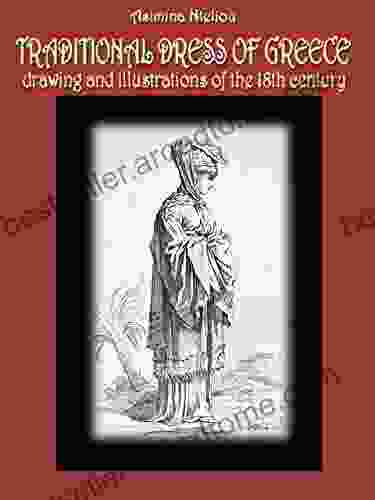
 Jeremy Cook
Jeremy CookDrawing and Illustrations of the 18th Century: A Journey...
Step into the...

 Easton Powell
Easton PowellPhysician Experience With Obstructive Sleep Apnea: The...
Obstructive sleep apnea (OSA) is a common...

 Cruz Simmons
Cruz SimmonsUnlock Your Inner Healer: The Transformative Power of...
Are you ready to embark on a profound healing...
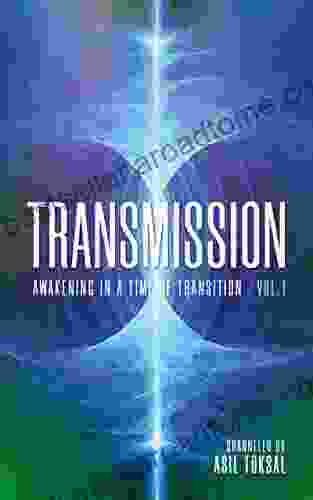
 Paulo Coelho
Paulo CoelhoTransmission Awakening In Time Of Transition Vol. 1: A...
Transmission Awakening...
4.5 out of 5
| Language | : | English |
| File size | : | 1335 KB |
| Text-to-Speech | : | Enabled |
| Screen Reader | : | Supported |
| Enhanced typesetting | : | Enabled |
| Word Wise | : | Enabled |
| Print length | : | 68 pages |
| Lending | : | Enabled |
| Hardcover | : | 316 pages |
| Item Weight | : | 1.41 pounds |
| Dimensions | : | 6 x 0.88 x 9 inches |





